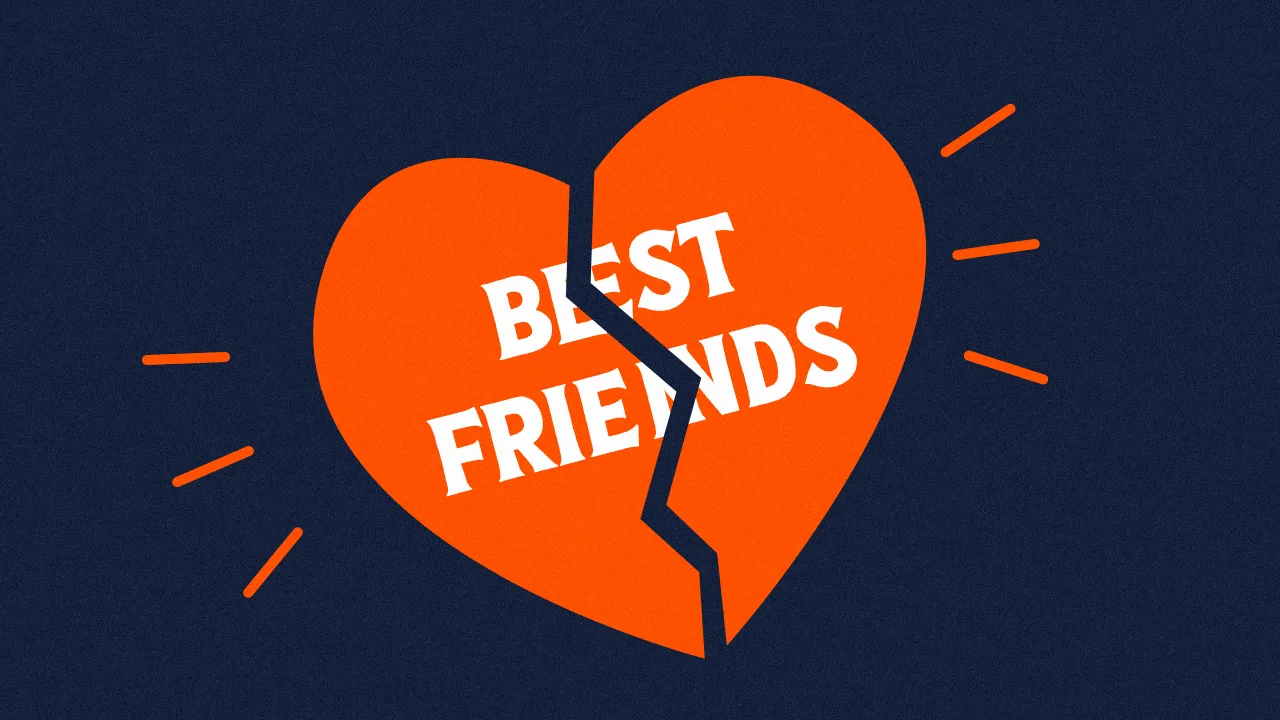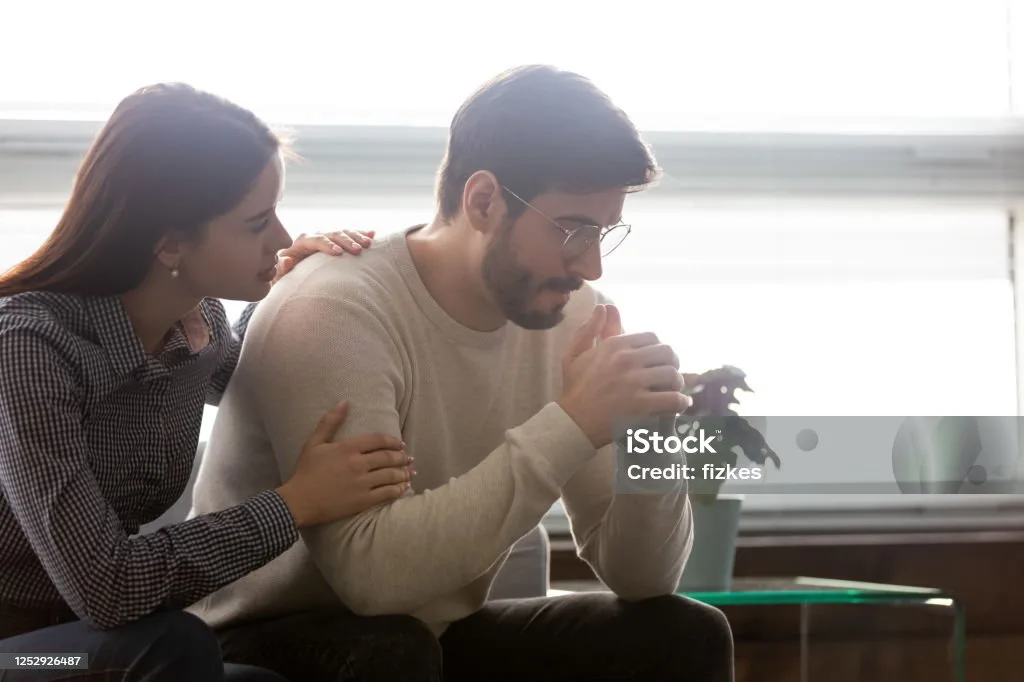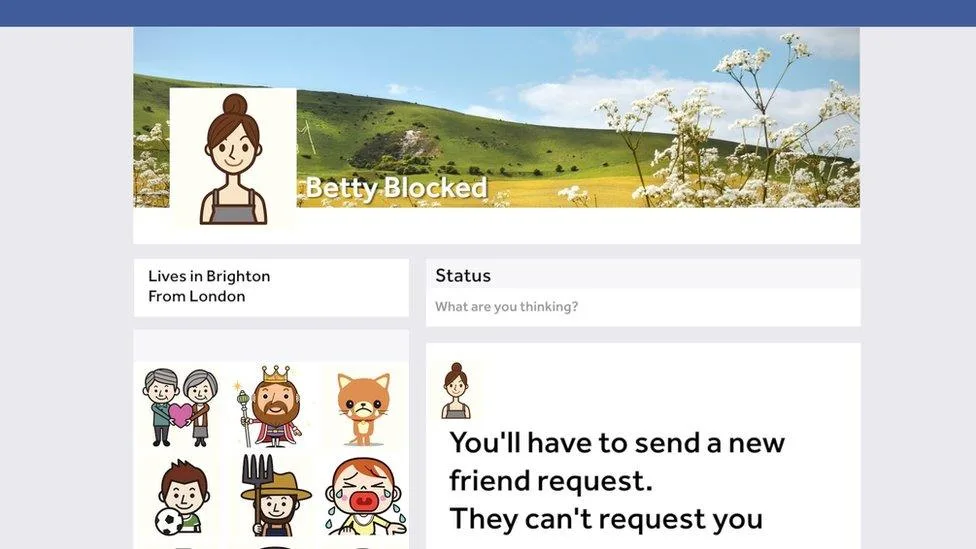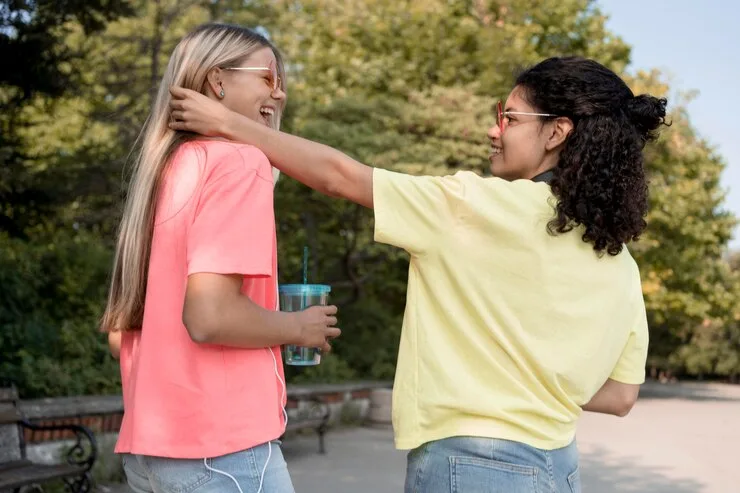“Sadness, anger, confusion are totally normal when you have lost a friend”
Yes, ending of any romantic relationships hurts, but what about friendship breakups ?

One thing about friendship breakups is that- it hurts a lot, more than one can imagine. There is no song or movie, which goes into depth and explains the pain felt by two people, after ending a friendship. They are gut-wrenching, painful and so complex in a whole different manner.
During our childhood we have been taught how to make friends, but no one has ever talked about what to do when that friendship ends. We are left out on our own to figure that out. Surviving a friendship breakup isn’t easy. One might say that Friendships are given very little attention by the world, so there would be no explanation on how to overcome the pain and move on in life.
Acknowledge

At first acknowledge the reality. When things end between you and your best friend, you need to take out some time for yourself. During that time, do not distract yourself with other things, please take your time to grieve. If you will grieve for your loss, it will make you understand friendships a little bit more. Think about the things that you could have done differently, and also the things that you could have ignored for the sake of your friendship. If you will not grieve your loss, these emotions might come again one night, and you will find yourself with a pillow wet by your tears. So, one of the easiest things you could do is acknowledge the fact that- It is over.
Acceptance

When friendship ends, accept that it wasn’t meant to be. Sometimes in life things don’t go as you had planned out. After all, you’ve likely exchanged countless texts, secrets, and laughs with your ex-friend, exposing your true self to them completely. Simply because you aren’t facing a death, or a conventional breakup doesn’t imply you haven’t suffered a painful loss. Before you criticize yourself for being so distressed, accept that it’s completely normal to feel this way.
Create Boundaries- Online

The end of a friendship doesn’t automatically require you to block or unfollow the other person, and you can’t simply make your mind stop considering them. Nonetheless, you may want to think about at least silencing their posts (or temporarily deactivating your own account through a social media detox) for as long as necessary for your recovery. How much you limit digital communication can vary based on various factors, such as whether the relationship ended following a major disagreement or just gradually faded, as well as the probability of encountering this person (since it can become quite uncomfortable if you share many mutual friends). In the end, the biggest advantage of establishing online boundaries is that you won’t encounter unnecessary notifications while attempting to move forward.
Avoid Lowering Your Standards

Certain separations consist of a slow and completely uneventful drifting apart. Some, not as much. You might be handling a former friend who’s speaking ill of you when you’re not around, for instance, or holding you (and only you) responsible for the consequences. Your initial reaction might be to “Retaliate,” but one should not go with that strong impulse. Regardless of how appealing the notion of revenge might appear at the time, two wrongs don’t equal a right: Studies indicate that there is minimal long-term gain in publicly criticizing them online or spreading rumors about them with friends. If anything, it will merely complicate matters and engulf you in negative feelings such as anger and sadness. Rather than retaliating, start discussing your feelings with someone you truly trust, such as a close friend, family member, or a therapist. It’s a more beneficial method to release tension, process your emotions, and present your perspective.
If It’s You, Say Sorry

Alright, so perhaps you are the cause of the friendship’s demise. Maybe you expressed something thoughtless or didn’t keep a commitment. You need to accept your mistake first, we all are full of flaws. If you haven’t said sorry yet—and genuinely wish to improve the relationship—begin with a heartfelt apology. It will provide you a chance to show your regret. “Failing to recognize the mistake you committed, rather than taking responsibility like a mature individual, only increases the suffering for both the person you’ve harmed and yourself.”
Ultimately, it’s their decision whether or not to maintain the friendship. At best, they might pardon you and life will resume its usual course in a few days, weeks, months, or however much time it takes. The alternative possibility is that they turn down your efforts—regardless of how truly remorseful you feel—which they are entitled to do. In such a scenario, it’s vital to respect their choice and progress, allowing both of you to heal.
Remember It’s Not The End Of The World

There are many fishes to be found in the sea of friendship. Your longtime friend might have made you chuckle like no other, or finished your sentences, or maybe you sensed that they were the only person who truly got you. But who can claim that there aren’t others who can provide similar care and affection, while also genuinely wishing to be involved in your life? You are worthy of that. Particularly as an adult, starting conversations with unfamiliar people and forming new social relationships can feel very daunting. However, it can begin with a friendly, warm greeting to your neighbor, perhaps a book club, or another hobby group. You might make good friends here, and you will realise that it’s not the end of the world. With time, you will understand that people come and go and before finding someone for a lifetime, you will find some for a reason and some for a season.



